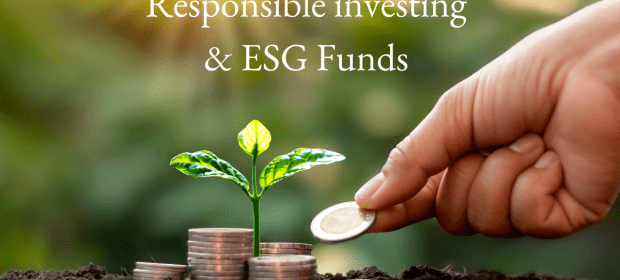2021
One of our favourite quotes about predicting the future in relation to the world of finance is from the late J.K. Galbraith, who was for many years the Professor of Economics at Harvard University. He famously said that “The only function of economic forecasting is to make astrology look respectable”. For that reason, we will focus on possible trends rather than predictions!
The positive vaccine news has already seen a surge in value to those stocks in sectors that have been battered for most of 2020 – leisure, transport, hotels, restaurants, cinemas etc. It is also likely that prices in banking stocks will stabilise or possibly recover further. Furthermore, it is probable that a lot of the old traditional stocks such as oil, industrials, consumables etc. will improve as we move into 2021. What is not so clear is whether those technology stocks, seen also as “stay at home” stocks (Facebook, Alphabet, Apple, Amazon, Microsoft, Netflix etc.) which have had a stellar 2020, benefitting from the impact of Coronavirus, will continue to power ahead or take a breather in 2021. With regard to some of those sectors that were hit badly this year (hospitality, cinemas, airlines etc.) it is also unclear whether the change in consumer behaviour seen this year is here to stay, in which case any recovery in these sectors may be limited in scope.
Gold, seen as a safe haven during this year’s turbulence, fell back sharply with news of vaccine progress, but has recently stabilised, whereas Cryptocurrencies have strongly advanced in value over this period. It is difficult to assess the future direction of either of these assets, but as the vaccines get rolled out and economies improve, the predictions earlier this year that gold could reach $3,000 per ounce seem unlikely, in the short term at least. What can be predicted with more confidence is that there will still be volatility in the markets, because whilst they have been buoyed by the vaccine news, in the “real economy”, the fallout has yet to be properly felt.
Unfortunately, rising unemployment is inevitable, as are tax increases at some point, to start to chip away at the mountain of debt that has accrued through increased government spending and falling tax receipts. There has been much talk about the shape of the recovery, e.g. “V”-shaped, “U”-shaped, “W”-shaped (reflecting a double-dip recession) or even a reverse square root (unfortunately not an available button on this author’s keyboard!). The answer seems increasingly that all of these may happen depending on the country, the market sector or the company.
What we would comfortably recommend however, is to stay invested in the markets. To conclude with another well known quote from Warren Buffett, now 90 years of age and considered one of the world’s most successful investors, “The stock market is a device for transferring money from the impatient to the patient”.
We wish all our readers a very happy and healthy Christmas and we hope 2021 will be a better year for all. We will be back in touch again next year.
If you have any comments or questions, as well as suggestions for future topics for our newsletter, we’d love to hear from you at occitanie@spectrum-ifa.com. Please feel free to pass this on to any friends or contacts who you think might find the content of interest.























